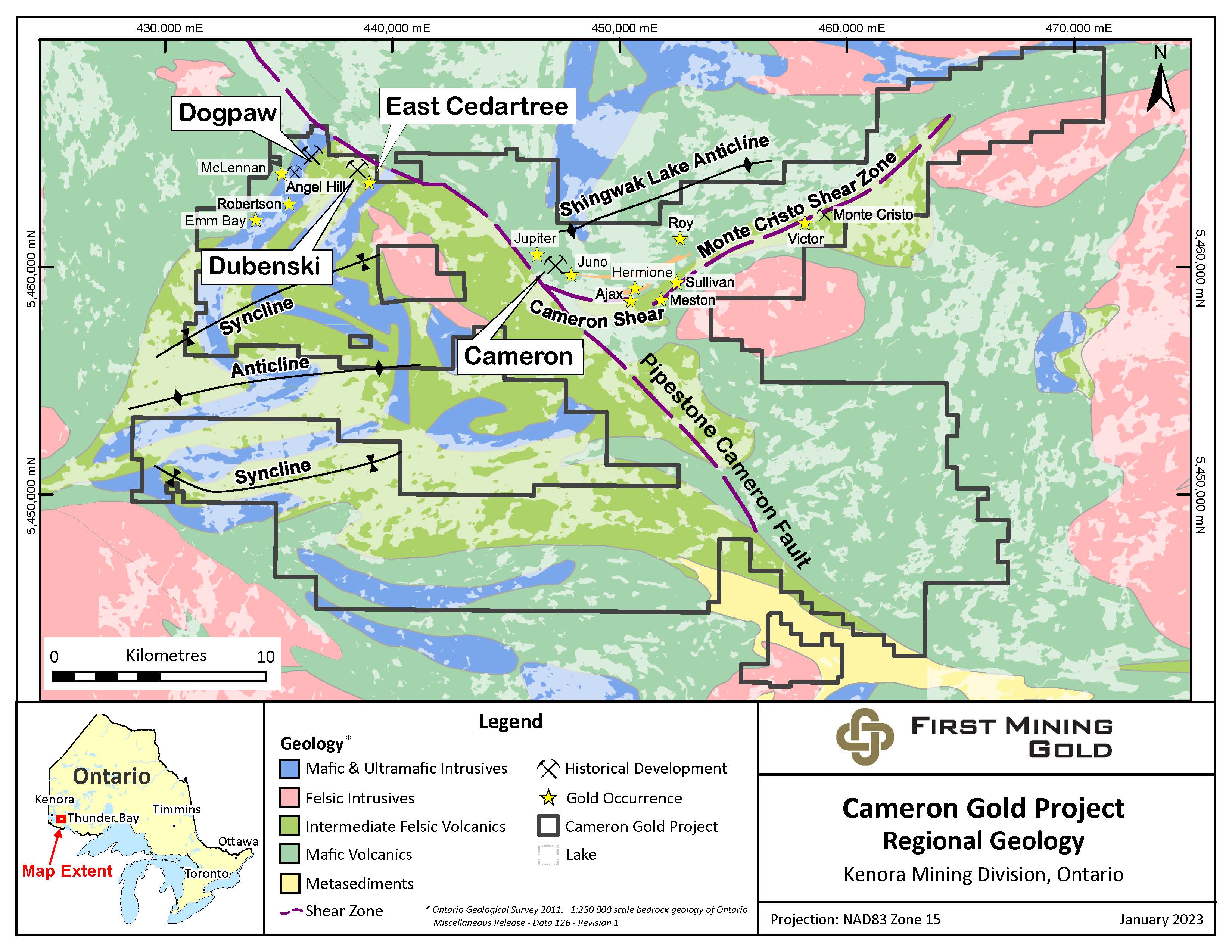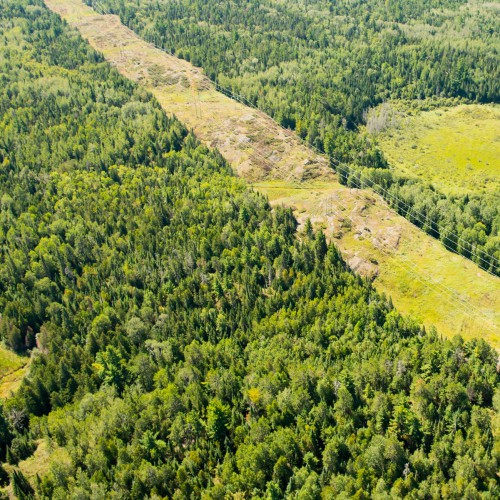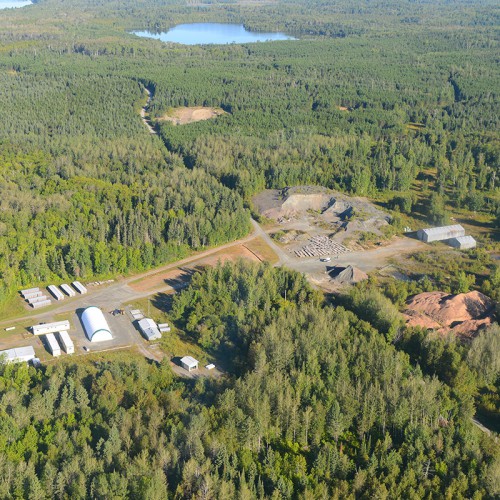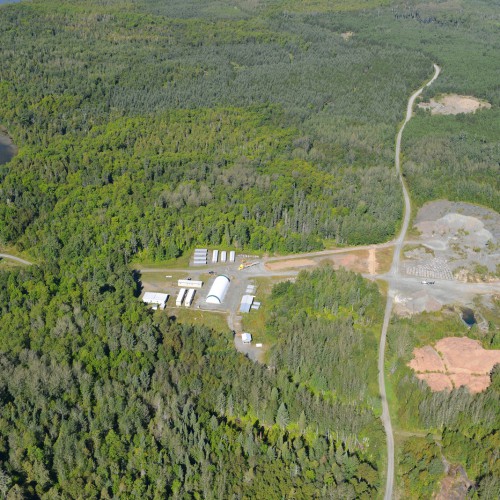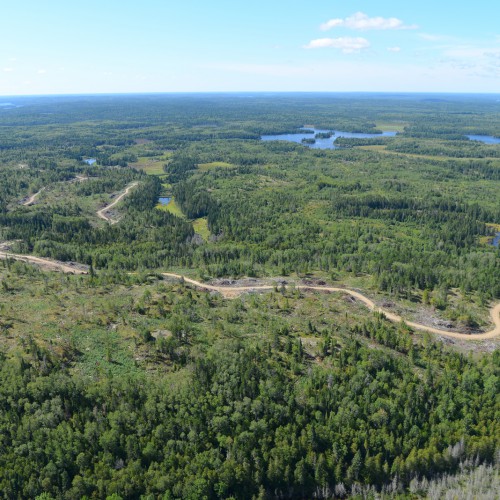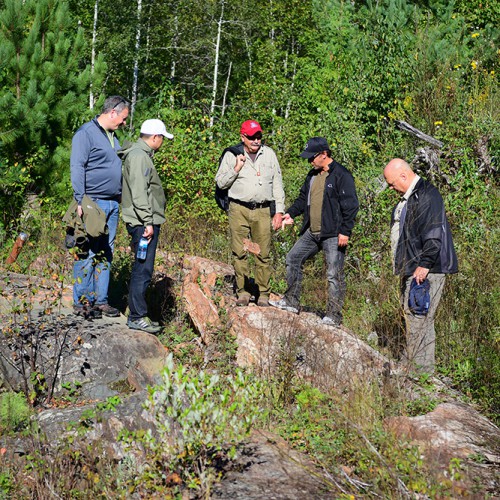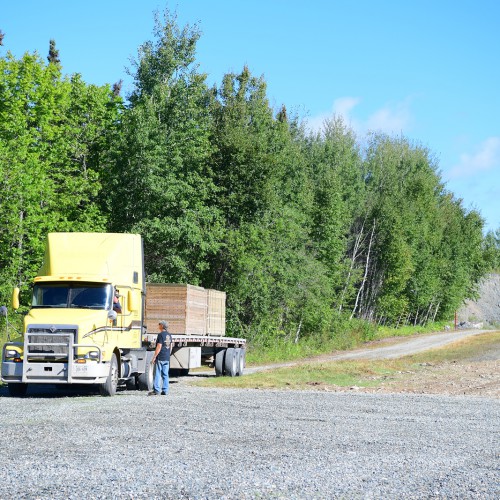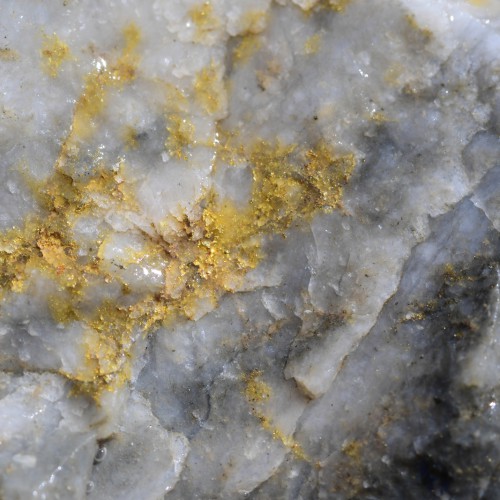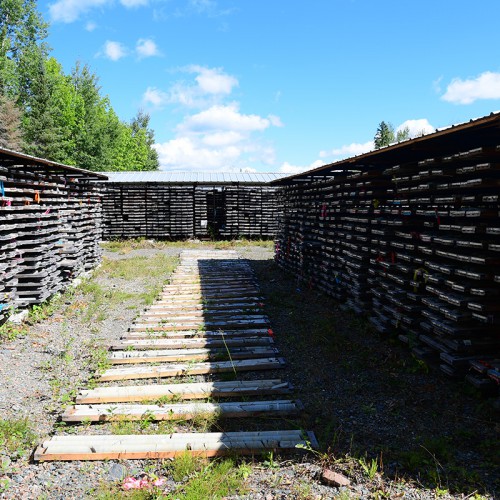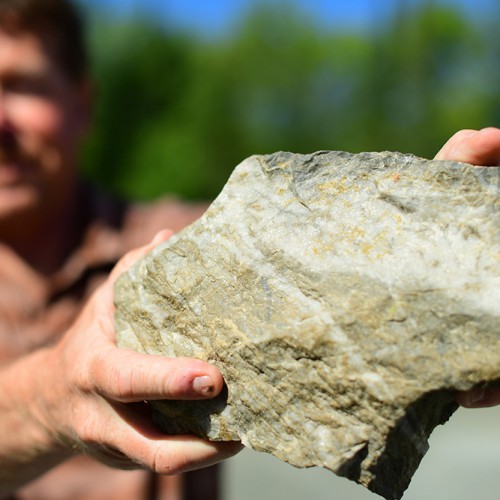Cameron Project
- Project Overview
- Technical Reports
- Photo Gallery
Project Overview:
The Cameron Gold Project consists of a district-scale, 53,000 hectare land package, located approximately 80 km southeast of Kenora in northwestern Ontario. The Project encompasses the Cameron Gold Deposit, the West Cedartree deposits (including Dubenski and Dogpaw), the East Cedartree deposit, and several other highly prospective gold showings.
The project is centered around the foundational resource of the Cameron gold deposit containing 464,000 oz gold in the Measured and Indicated categories, and an additional 533,000 oz gold in the Inferred category.
The Cameron Gold Deposit covers prospective areas of the Cameron Lake Shear Zone (“CLSZ”), a northwest trending shear zone which dips steeply to the northeast. The CLSZ is itself a splay from a large, regional crustal-scale structure called the Cameron-Pipestone Fault. The mineralization at the Cameron Gold Deposit comprises a number of sub-parallel lodes which commonly occur in the upper part of the CLSZ or in the structural hanging wall to the CLSZ. Gold mineralization mainly consists of disseminated sulphide replacements, quartz-sulphide stockwork and quartz breccia veins.
The Cameron Gold Deposit has been explored by surface and underground drilling and by underground bulk sample. Mineralization remains open at depth and along strike to the northwest with potential to expand the mineral resource in these directions.
The project benefits from excellent infrastructure with year-round highway access, an exploration camp, a powerline within 20 km, and is 88 km from New Gold’s Rainy River gold mine.
Project Highlights:
- Advanced stage exploration project
- Pit constrained (0.55 g/t Au cut-off) Measured and Indicated mineral resources of
3.5 Mt at 2.45 g/t Au containing 274,000 ounces of gold - Pit constrained (0.55 g/t Au cut-off) Inferred mineral resources of
0.035 Mt at 2.45 g/t Au containing 3,000 ounces of gold - Underground (2.00 g/t Au cut-off) Measured and Indicated mineral resources of
2.0 Mt at 2.90 g/t Au containing 190,000 ounces of gold - Underground (2.00 g/t Au cut-off) Inferred mineral resources of
6.5 Mt at 2.54 g/t Au containing 530,000 ounces of gold - Excellent infrastructure including year round road access to the property from a
highway and powerline within 20 km - Large land package with considerable exploration upside potential
Cameron Mineral Resources:
|
Mineral Resource Classification
|
Open-Pit Constraint
|
Cut-off Au Grade (g/t)
|
Tonnes
|
Au Grade (g/t)
|
Contained Au (oz.)
|
|---|---|---|---|---|---|
|
Measured Mineral Resource
|
Within $1,350 open-pit shell
|
0.55
|
2,670,000
|
2.66
|
228,000
|
|
Indicated Mineral Resource
|
Within $1,350 open-pit shell
|
0.55
|
820,000
|
1.74
|
46,000
|
|
Measured + Indicated
|
|
|
3,490,000
|
2.45
|
274,000
|
|
Mineral Resource Classification
|
Underground Constraint
|
Cut-off Au Grade (g/t)
|
Tonnes
|
Au Grade (g/t)
|
Contained Au (oz.)
|
|
Measured Mineral Resource
|
Below $1,350 open-pit shell
|
2.00
|
690,000
|
3.09
|
69,000
|
|
Indicated Mineral Resource
|
Below $1,350 open-pit shell
|
2.00
|
1,350,000
|
2.80
|
121,000
|
|
Measured + Indicated
|
|
|
2,040,000
|
2.90
|
190,000
|
|
Total Measured + Indicated
|
|
|
5,530,000
|
2.61
|
464,000
|
|
Mineral Resource Classification
|
Open-Pit Constraint
|
Cut-off Au Grade (g/t)
|
Tonnes
|
Au Grade (g/t)
|
Contained Au (oz.)
|
|---|---|---|---|---|---|
|
Inferred Mineral Resource
|
Within $1,350 open-pit shell
|
0.55
|
35,000
|
2.45
|
3,000
|
|
Mineral Resource Classification
|
Underground Constraint
|
Cut-off Au Grade (g/t)
|
Tonnes
|
Au Grade (g/t)
|
Contained Au (oz.)
|
|
Inferred Mineral Resource
|
Below $1,350 open-pit shell
|
2.00
|
6,500,000
|
2.54
|
530,000
|
|
Total Inferred
|
|
|
6,535,000
|
2.54
|
533,000
|
Notes:
- Based on the technical report titled “Technical Report on the Cameron Gold Deposit, Ontario, Canada”, dated effective January 17, 2017, which is available at www.sedar.com under First Mining’s SEDAR profile.
- The mineral resource estimate is classified as Measured, Indicated and Inferred mineral resources.
- 2014 CIM Definition Standards were followed for classification of mineral resources.
- The mineral resource has been estimated using a gold price of US$1,350/oz.
- The mineral resource was estimated using a block model. Three dimensional wireframes were generated using geological information. The ordinary kriging estimation method was used to interpolate grades into blocks. Blocks were sub-blocked to more accurately reflect the volume of the wireframes.
- Mineral resources which are not mineral reserves do not have demonstrated economic viability. An Inferred Mineral Resource has a lower level of confidence than that applying to a Measured and Indicated Mineral Resource and must not be converted to a Mineral Reserve. It is reasonably expected that the majority of Inferred Mineral Resources could be upgraded to Indicated Mineral Resources with continued exploration. The mineral resource estimate follows current CIM Definition Standards
- Numbers may not add due to rounding.
